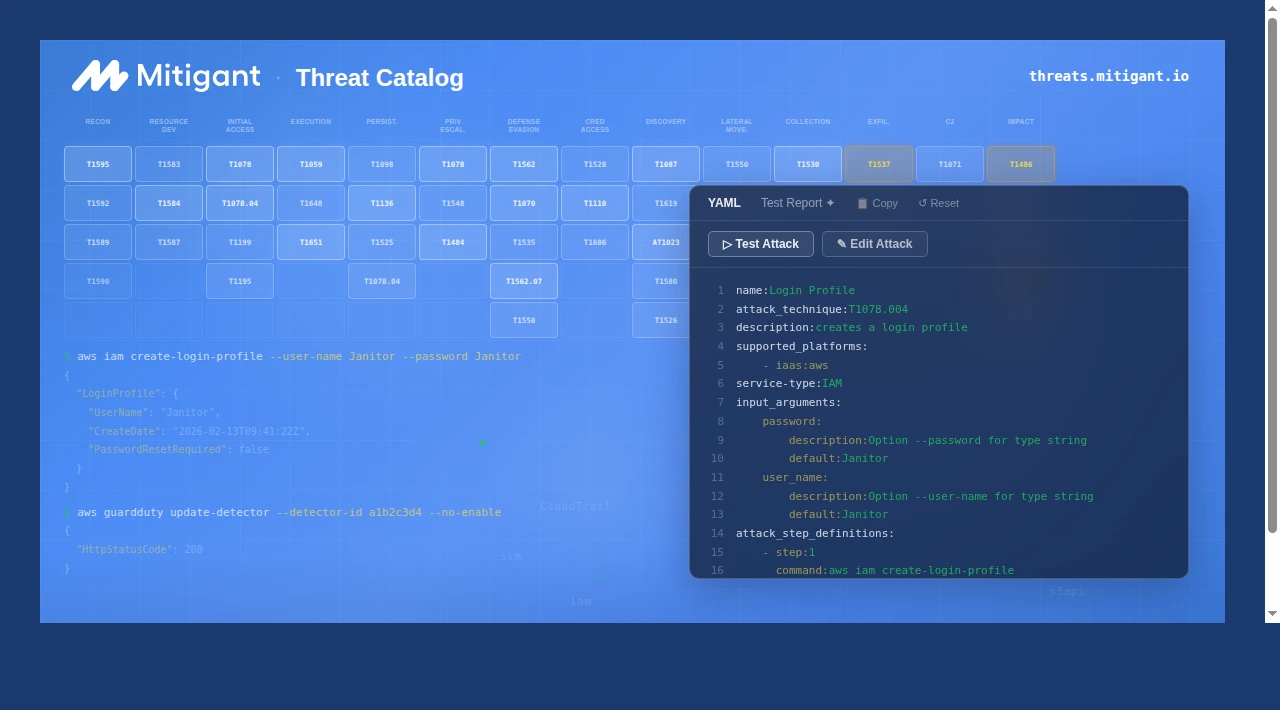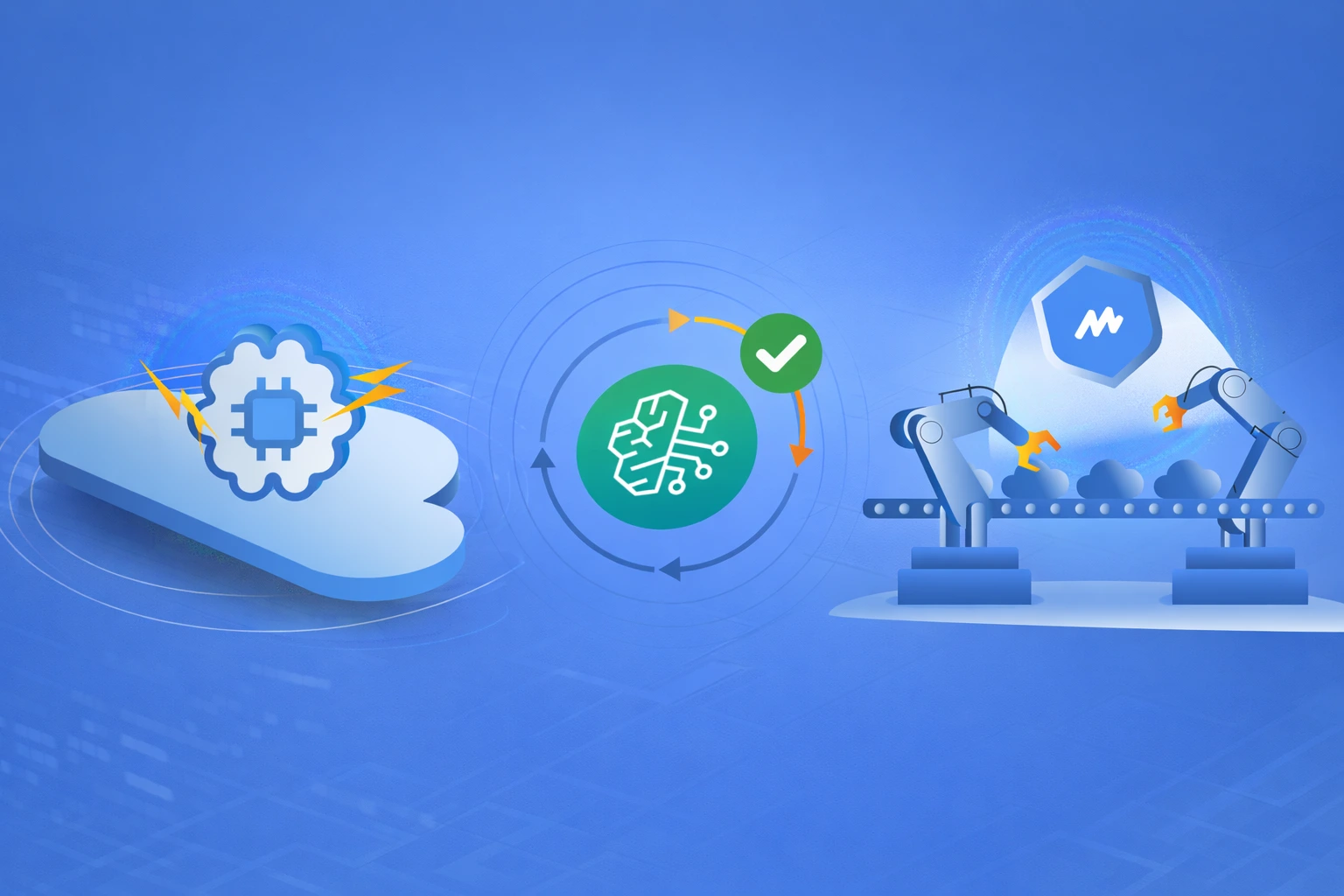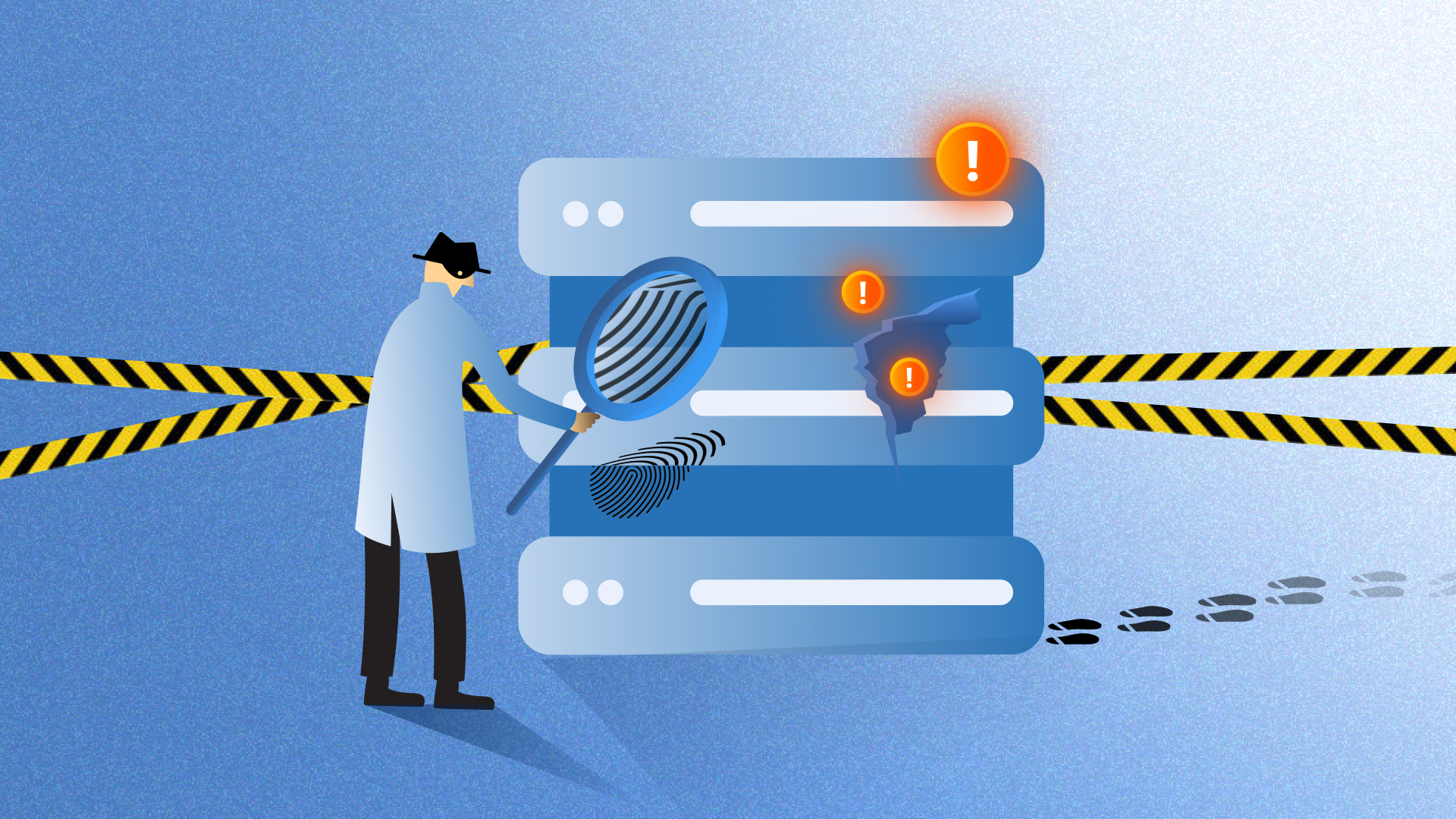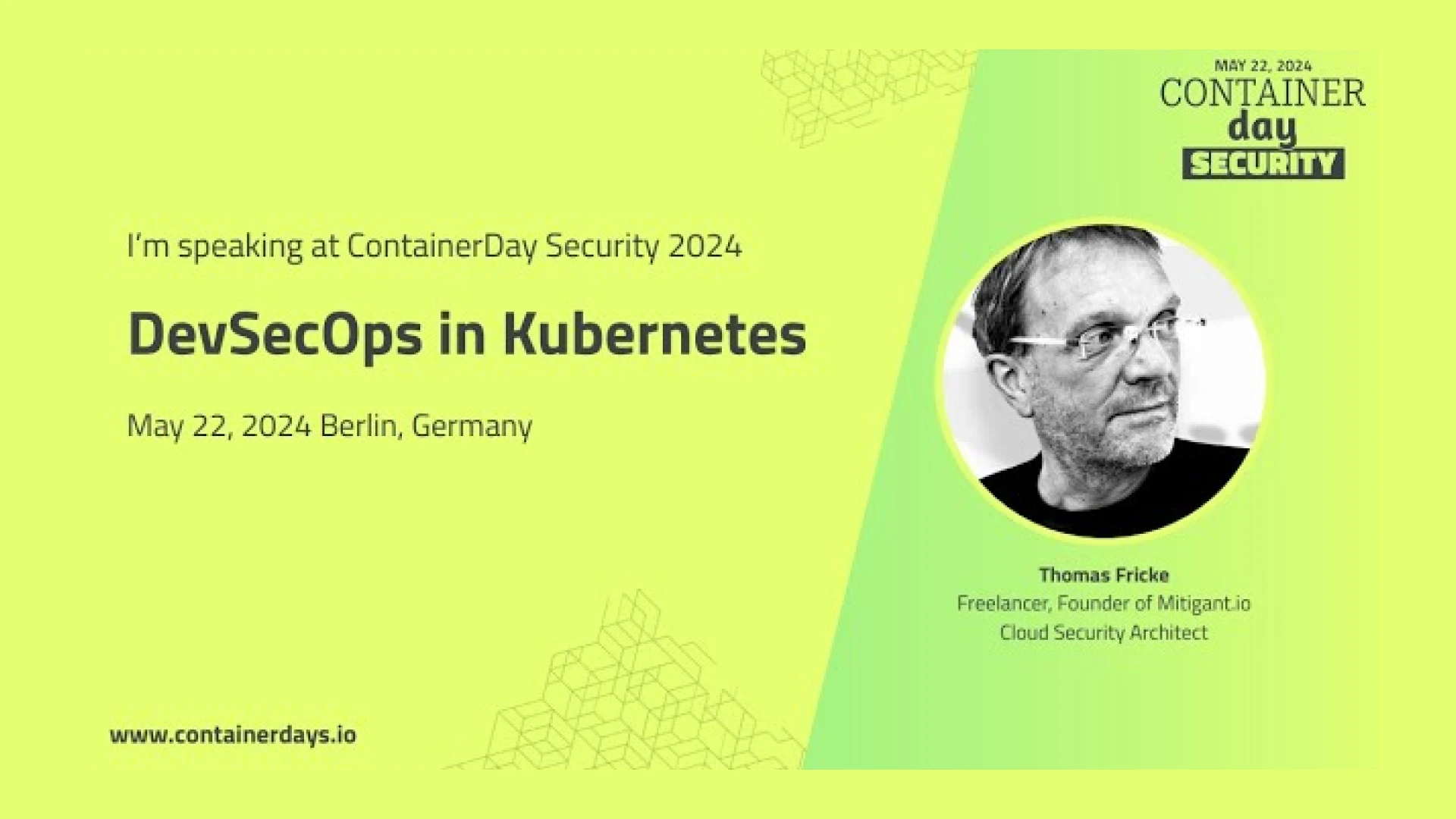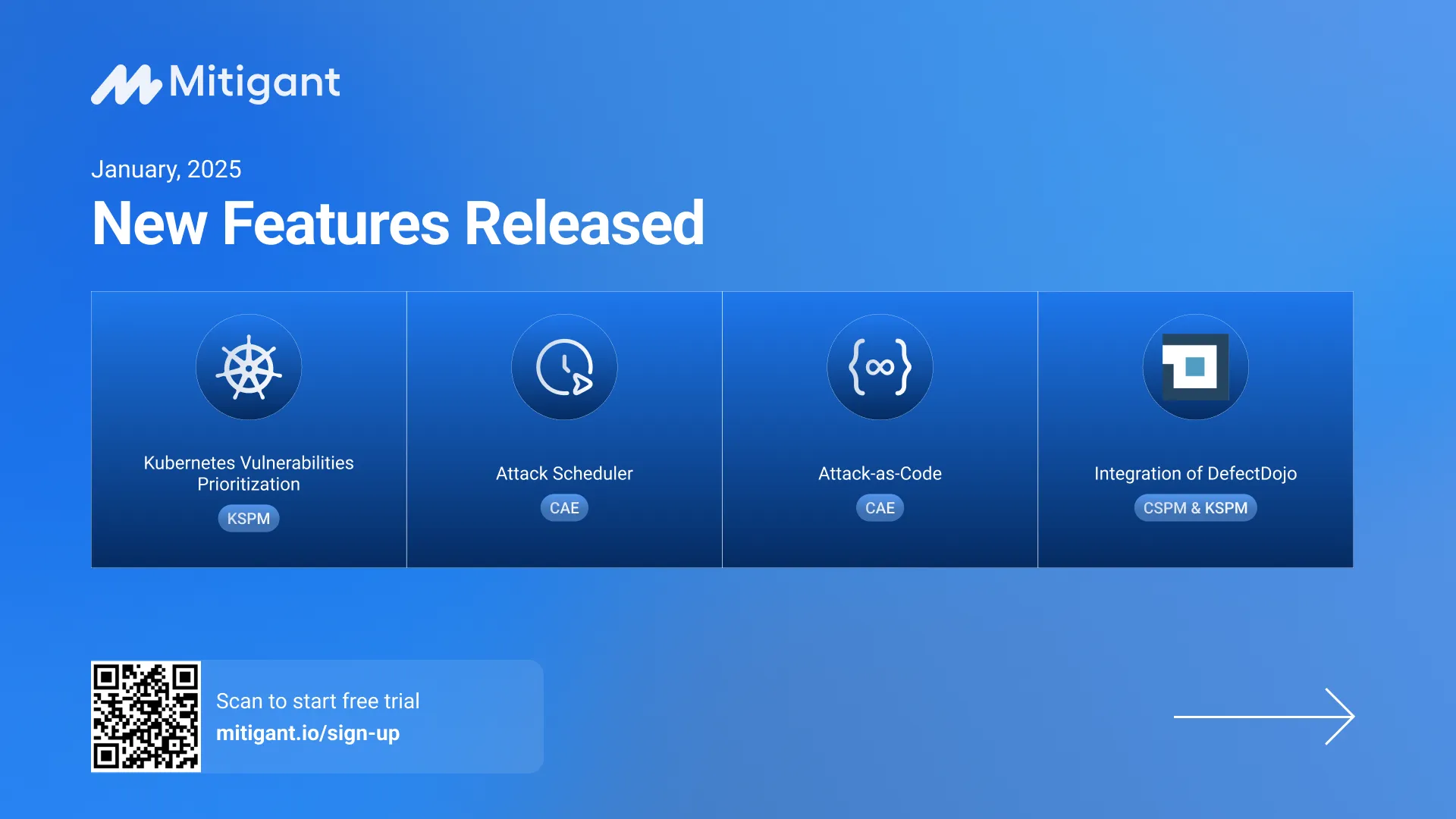Built for Security Teams at Every Stage



Attack Builder
Safe Attack Execution Everywhere
Attack Builder
Safe Attack Execution Everywhere

Purpose-Built for Cloud Security
Attack Actions
Attack Scenarios
Attack Builder
Attack as Code
AI-Powered Analysis
Multi-Cloud Coverage
Actionable Results, Not Just Alerts !

For Every Security Team

For Advanced Teams
Grow with Your Security Maturity
Start Simple, Scale as Needed

Non-Admin Role

Admin Role

Bring Your Own Role
Make Your Cloud Secure and Compliant
Kubernetes Security Made Simple
Seamlessly Ensure Secure and Safe GenAI Infrastructure
Cloud Immunity Use Cases


This is the original use case for cloud immunity, to make running security chaos engineering (SCE) experiments easy and straightforward. Users may define the objective of the experiment to be conducted (hypothesis); this gives a precise expectation that would define the focus of observation. The hypothesis and observation can be documented in the applications and retrieved anytime as users continue improving the security and resiliency of their infrastructure. The experiments mentioned about are implemented as attack actions and attack scenarios. Attack actions are single attacks with a single attack target, e.g., “Make an S3 bucket public”. Conversely, attack scenarios consist of two or more actions designed to present more realistic attacks, e.g., S3 Ransomware attack scenario.



This is the original use case for cloud immunity, to make running security chaos engineering (SCE) experiments easy and straightforward. Users may define the objective of the experiment to be conducted (hypothesis); this gives a precise expectation that would define the focus of observation. The hypothesis and observation can be documented in the applications and retrieved anytime as users continue improving the security and resiliency of their infrastructure. The experiments mentioned about are implemented as attack actions and attack scenarios. Attack actions are single attacks with a single attack target, e.g., “Make an S3 bucket public”. Conversely, attack scenarios consist of two or more actions designed to present more realistic attacks, e.g., S3 Ransomware attack scenario.

We Support Your Favorite Clouds

We support several Kubernetes flavors



















